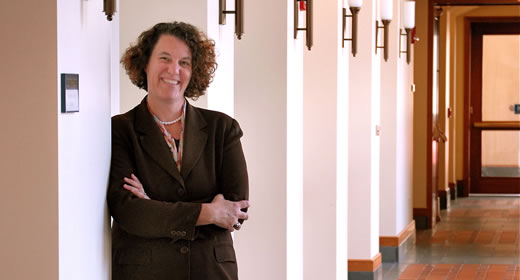
Seven million borrowers in America are in default on their student loans. In “America can fix its student loan crisis. Just ask Australia,” Susan Dynarski describes the lessons American policymakers can take from other countries.
Dynarski, who recently organized the DC conference, “Restructuring student loans: Lessons from abroad,” notes that America’s student loan repayment period—10 years—is considerably shorter than that of other nations.
“All the international student loan experts I have spoken with are shocked by how little time American students are given to pay their loans,” she writes. “In Germany, students pay their loans over 20 years; in England, it’s 30 years.” A longer horizon for repayment makes sense, she says, because it would align with the life of the asset.
In Australia, Dynarski explains, loan repayments are tied to earnings, with borrowers paying nothing until their earnings reach a specified threshold and with payments rising and falling automatically as earnings shift. In the American system, of course, payments are the same for the entire life of the loan, and bills keep coming, even when borrowers lose a job or see a reduction in hours.
In the U.S. system, borrowers have to wade through a lengthy application process to negotiate reduced payments if their financial situation shifts. Dynarski advocates for payroll withholding (how taxes and social security payments are collected) which is tied to income.
“Payroll withholding is the only way to provide an immediate link between fluctuations in earnings and loan repayments,” she writes. “Any other system delays the protections that low-income borrowers desperately need.”
“What’s special about the United States is not how much we borrow,” notes Dynarski. “What’s exceptional is that we have turned manageable debt into a financial disaster for millions.”
Susan Dynarski is a professor of public policy, education, and economics at the University of Michigan. She is co-founder and co-director of the Ford School’s Education Policy Initiative, which engages in applied, policy-relevant research designed to improve educational achievement and outcomes.